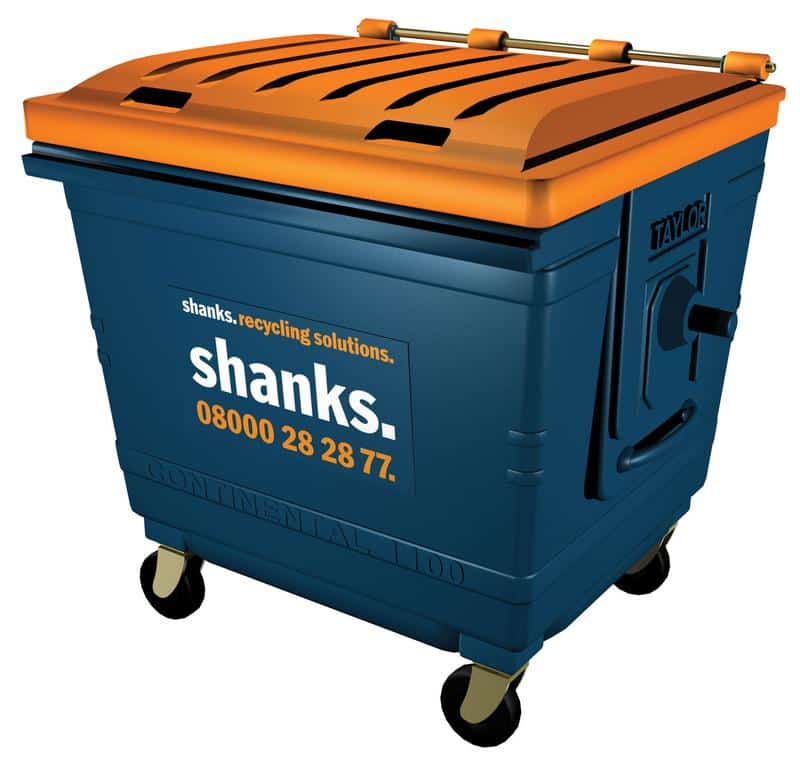The Buckinghamshire-based company's preliminary results for the 12 months to the end of March 31 2008 reveal that its headline, pre-tax profits increased by 11% to £44.8 million, while group revenue also increased by 11%, to £564 million.
Commenting on the results, Shanks Group chief executive, Tom Drury, said: “These are a strong set of results founded on good performance in our European businesses and exceptional growth in the UK.
“Setting aside the Belgian landfill, underlying organic growth in the Group was 11%. This demonstrates the strong future growth potential for the Group as we align the business to governments' agendas for developing sustainable waste management strategies,”
“These tend to be characterised by higher levels of recycling, increased recovery of renewable energy from waste and reduced reliance on landfill,” he added.
UK
The 109% increase in Shanks' trading profit for the UK was equal to an increase from £3.3 million in 2006-07 to £6.9 million in 2007-08, with trading margins seeing a particular increase from the company's solid waste operations, as well as its acquisitions, which included the £11 million purchase of East Midlands-based recycling business WasteCom.
It states: “We believe this remains a very attractive solution to the needs of local authorities and so creates a strong pipeline of opportunities as authorities move to meet their 2010 and 2013 reduction targets.
“We continue our negotiations with Cumbria County Council where we are preferred bidder and expect this opportunity to reach financial closure during the current financial year.”
Overseas
Shanks' Dutch operations saw their trading profit increase from £32 million in 2006-07 to £37.7 million in 2007.08, boosted by its purchase of organic waste processing company Orgaworld, which uses both composting and anaerobic digestion, in April 2007 for £23.7 million
Its hazardous waste operations also drove the Dutch success, with a 9% increase in their trading profits.
The acquisition of Orgaworld also involved the company entering the Canadian market for the first time, with three contracts now being held with Canadian cities to treat more than 200,000 tonnes-a-year of organic municipal waste using tunnel composting.
Several aspects of Shanks' Belgian operations saw a fall in their trading profits in 2007-08, with their landfill & power and sand quarry operations faring particularly badly, with 27% and 17% declines respectively.
However, trading profits from solid waste increased by 21%, and the company said that, as a reaction to the gradual elimination of landfill, it was “creating profitable alternatives by focusing on processing industrial and commercial, organic and wood waste in a way that creates a fuel source or renewable energy at a lower overall cost than traditional alternatives.”
This approach manifested itself in the £18.3 million acquisition of Belgian wood waste processor in April 2008.
Prospects
Mr Drury issued a positive assessment of the future potential of Shanks, stating that “the Board is confident concerning the future prospects for the Group. The full year effect of the recent decline in landfill volumes in Belgium next year should be more than compensated for by improved performances in the rest of the Group.
“As a result the Board continues to expect a good overall performance in 2008/9 with increasing growth thereafter as the Group benefits from its more focused investment plans in the future.”
In the UK, it aims to launch Orgaworld within the next three years, as well as winning sufficient PFI contracts to allow it to increase the amount of residual waste it manages from its current level of 0.6 million tonnes per annum to 1.5 million tonnes per annum.











Subscribe for free